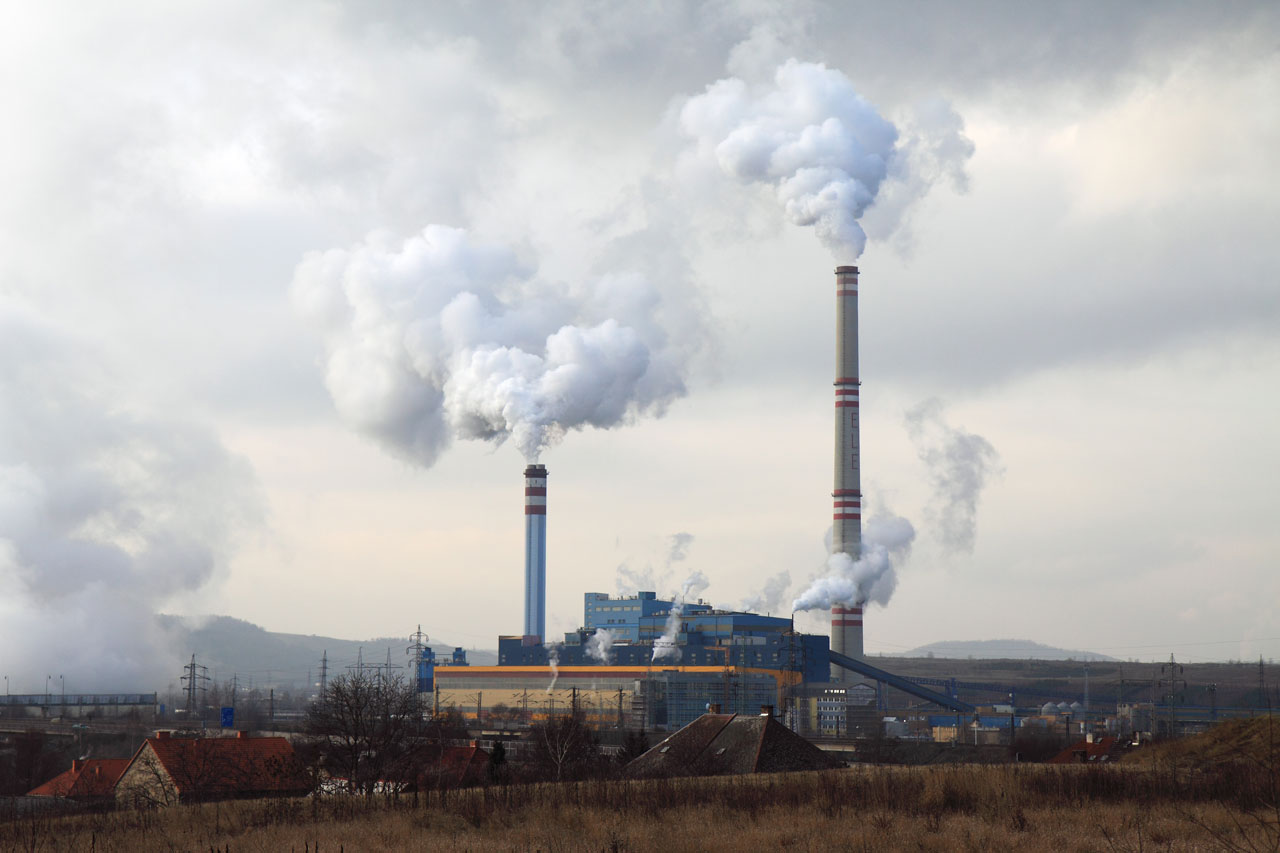News release
From:
Waning crop yields may impair climate mitigation technologies
The negative impacts of climate change on crop yields may reduce our ability to use crops to capture and store carbon as a means to limit global warming, according to a Nature paper. The findings suggest that exceeding the 2 °C Paris Agreement warming goal would threaten climate stability and food security.
Large-scale bioenergy with carbon capture and storage (BECCS) has been acknowledged as an important measure for climate change mitigation. This technique involves capturing CO2 from the combustion of dedicated energy crops or agricultural waste from food crops — such as maize and rice — and storing it in geological sites. However, the negative impacts of climate change on crop yields may reduce the capacity of BECCS and threaten food security, thus creating an unrecognized positive feedback loop on global warming.
Rong Wang and colleagues assessed the impacts of growing-season temperature, atmospheric CO2 concentrations and nitrogen fertilization intensity on crop yields. They found that if global mitigation alongside large-scale BECCS is delayed to 2060, when global warming is projected to exceed approximately 2.5 °C, the crop yields for BECCS would be too low to meet the Paris goal of limiting global warming to 2 °C by 2100. This risk of failure is amplified by the increasing demands for food, leading to an expansion of cropland or intensification of nitrogen fertilization to compensate for climate-induced yield losses.
The authors reinforce the urgency of early climate mitigation, preferably by 2040, to avoid irreversible climate change and serious food crises, unless other negative-emission technologies become available in the near future to compensate for the reduced capacity of BECCS.



 International
International



